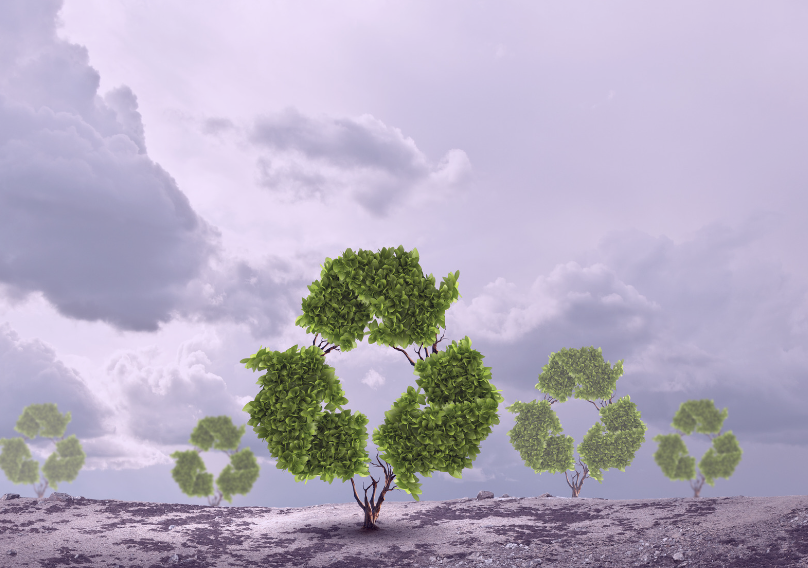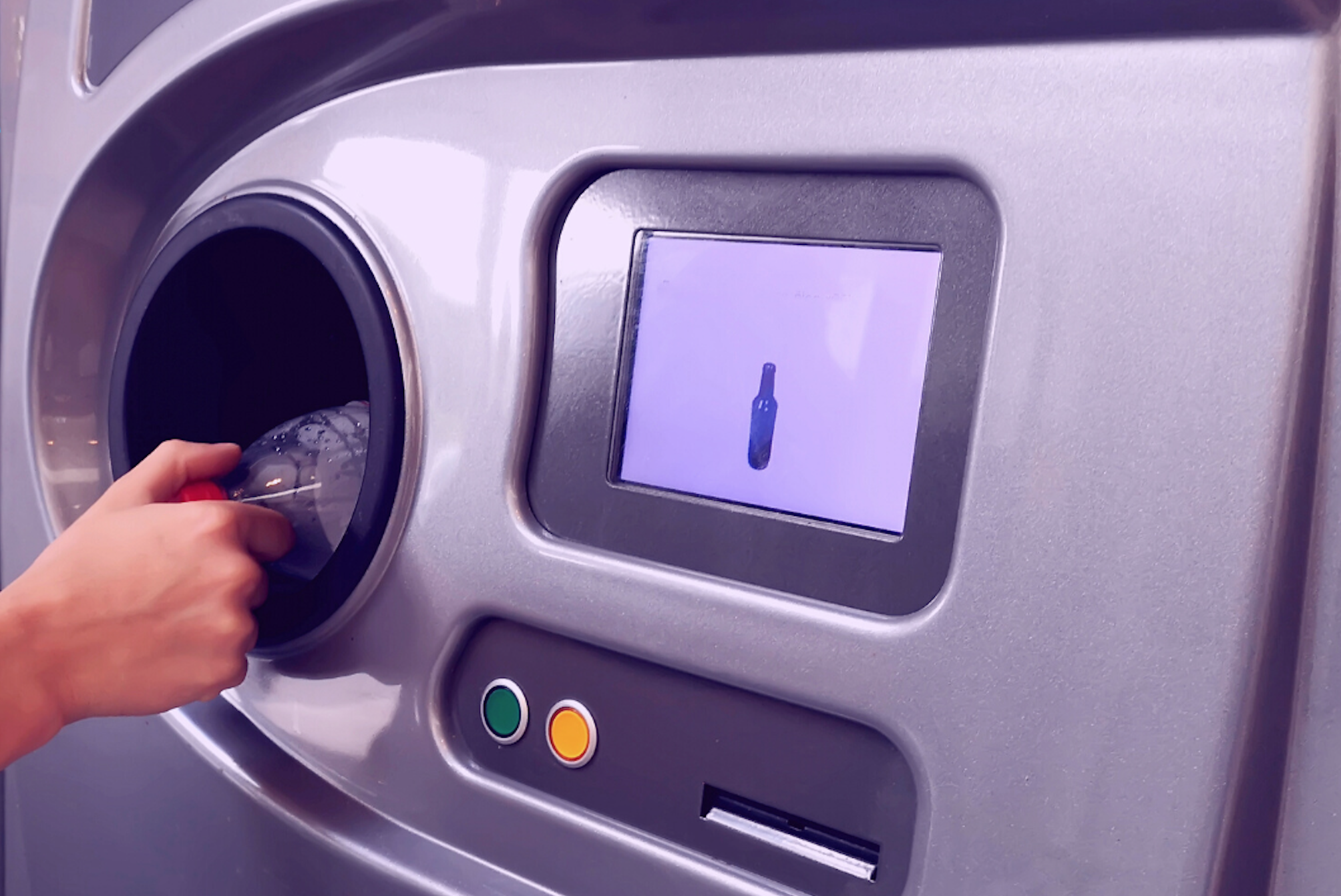Sustainability has been at the forefront of business agenda for the past decade, as the conversation of creating a more sustainable future on planet earth has become the norm. There isn’t a business plan or company value statement that doesn’t touch on it. Could it be the blockchain technology that turns the overarching strategy into a realistic, fully traceable initiative?
Blockchain technology poses an excellent opportunity for both corporations and consumers to invest in and reward products and services which, rather than impacting the environment negatively, improve the environment and protect its future.
The Current State of Sustainability
In recent years, governments have realised the importance of coming together to create both legislation and to drive forward campaigns that look to answer not only the needs of consumers with sustainable initiatives, but also the planet.
Since the creation of the Environmental Protection act of 1990 we have continued to advance in our fight against environmental pollution, while at the same time, sadly regressing – as even more single-use plastics, pollutants and other non-natural materials enter our ecosystems at an alarming rate.
Consumers are now very much attuned to the idea of sustainability. As mentioned in Forbes “Customers are willing to pay a premium for sustainably produced products”. They are more open to selecting products which offer a sustainable alternative. Companies are now identifying this consumer behaviour as a priority and those who were on the fence about making a move towards sustainability are quickly convinced into acting.
Today, industries of all forms are not only adopting sustainable initiatives but are part of the innovation that enables a greener business environment. This, coupled with technology, which has changed how we communicate, consume, and deliver services, has allowed for rapid growth in sustainability.
Blockchain Beyond the Headlines – What is Blockchain Technology?
In short – a blockchain is any ledger or documented records database shared and distributed amongst nodes on a computer network. It is a way of decentralising information, guaranteeing the dependability and security of a record of data – generating complete trust in the shared records.
An asset’s movement, transactions, or data point that can be tracked on a blockchain network include both intangible, such as raw data, intellectual property, copyrights and transaction records, or tangible asset transactions, such as house sales, fuel consumption, or in the world of sustainability, plastics recycled.
There is an expectation for businesses to clearly, and effectively, implement ESG (Environmental, Social and corporate Governance) reporting within their business. It was on June 7th 2021, at the G7 Summit, that global leaders committed to mandating climate reporting, following the direction from the Task Force on Climate-related Financial Disclosures (TCFD).
However, the issue usually lies within the reporting and tracking itself – How can companies prove that their products are truly sustainable?
Blockchain technologies could be the answer they are looking for.
Blockchain’s Applications in Sustainability
Traceability and Transparency
With Blockchain comes a world of precise and advanced traceability opportunities. In the journey of any product or service lies data points and assets that could be effectively tracked within a blockchain. Corporations can collect and share exact information on where the materials are coming from, how and where they are being transported, and who produced the materials.
This is, as it seems on the surface, a challenging task in itself. Imagine this in a traditional world, with each piece of information in a silo, in various trackers, spreadsheets and on individual computers. This lack of communication between these data records and the fragmented way in which they were stored meant accessing this information for transparency with live, up-to-date data, was near impossible.
In this scenario, blockchain technology shines.
Corporations can now use blockchain technology to publicly display and disclose a live, accurate and authentic representation of their ESG efforts and initiatives, allowing them to reduce their environmental impact.
Creating Sustainability-Focused Ecosystems
Although many reference blockchain when discussing cryptocurrency, the real-world applications run far more profound. Blockchain, being a decentralised ledger for the ESG information of companies, means that this information cannot be edited or tampered with, making it a reliable source to show the true carbon impact each product has.
For example with the supply chain of packaged goods being the most significant contributor to carbon footprint, creating ecosystems for more accurate reporting will allow organisations to identify areas of opportunities for sustainable savings.
This also means that companies can track the entire start-to-finish journey of a single item as it passes through the corporate ecosystem and the supply chain.
End users could track the entire journey of their product, from farm to logistics, to production, and finally in their hands – by merging the information shared in the blockchain with a front-end solution. This is the beginning of the environmental ecosystem. The consumer could then continue this journey by reporting how they use/dispose of or recycle the product, putting the materials back into the traceable ecosystem.
In Summary, what does Blockchain mean for Sustainability and where does Circularr fit in?
Blockchains, whilst full of promise, are only as good as the utility and real-world function that they have been applied to. It is with this in mind that we looked to develop Circularr and the $CIRP token, creating the world’s first sustainable crypto asset backed by transparent recycling and recycled commodities.
Circularr’s first asset will be backed by plastic recycling and the value of rPET plastic called Circular Plastic Coin or “$CIRP”. The $CIRP asset revolves around the development and launch of a decentralised recycling ecosystem to streamline interactions between consumers, organisations, recyclers, and brands by adding full transparency to the recycling process.
Circularr was born out of a need to provide transparency and traceability to legitimise sustainability claims and eliminate greenwashing by individuals and organisations.
This will help to decrease pollution levels, eliminate green washing and drive consumer behavioural change by commoditising plastic waste. Our ambition is to help individuals and organisations treat plastic waste as a commodity instead of waste.
We are on a mission to secure strategic partnerships and further expand the ecosystem by plugging in our solutions to drive change for good.








